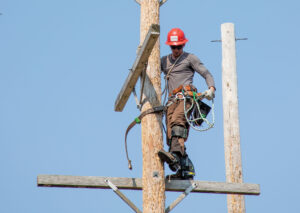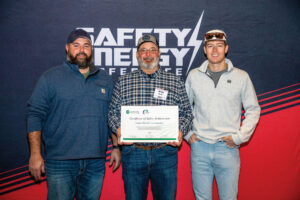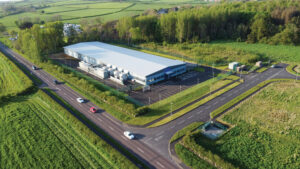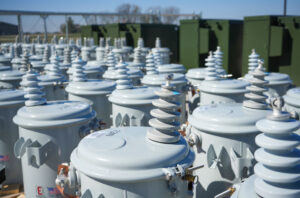 Developing a great idea into a technology that impacts the market and the world is difficult. Doing so with an energy- or science-based technology can seem nearly impossible for entrepreneurs. Complex technical challenges, long development cycles, expensive lab equipment, and impatient investors create high hurdles for even the most determined innovators to overcome. Chain Reaction Innovations (CRI) is a new two-year program for innovators focused on energy and science technologies.
Developing a great idea into a technology that impacts the market and the world is difficult. Doing so with an energy- or science-based technology can seem nearly impossible for entrepreneurs. Complex technical challenges, long development cycles, expensive lab equipment, and impatient investors create high hurdles for even the most determined innovators to overcome. Chain Reaction Innovations (CRI) is a new two-year program for innovators focused on energy and science technologies.
At an event in December, Illinois Senator Dick Durbin spoke at the University of Chicago’s Polsky Center for Entrepreneurship and Innovation. Chain Reaction Innovations (CRI), the Midwest’s first entrepreneurship program to embed innovators in a national laboratory, announced the selection of its first entrepreneurs and mentor partners.
CRI is a new initiative at Argonne National Laboratory to accelerate the development of sustainable and energy-efficient technologies and drive manufacturing growth by helping startups and innovators reduce development costs and risks.
“Argonne and Chicago sit at the heart of one of our nation’s greatest concentrations of research institutions, an industrial base that is driving clean tech and advanced manufacturing, and a population that embraces innovation,” said Durbin. “With the creation of Chain Reaction Innovations, we further expand our portfolio of resources for entrepreneurs and ensure that Illinois will be a leader in the next-generation of breakthrough energy and manufacturing technologies.”
The goal of one entrepreneur’s idea is to decrease the operating cost of jet engines by designing a new fuel nozzle that uses plasma-assisted combustion to burn fuel more efficiently during flight and idling.
CRI is accepting pre-applications to be notified when the next cohort selection begins. Four to six innovators will be accepted annually to join the two-year program and receive $350,000 to spend on R&D and up to $110,000 annually in salary, benefits and a travel stipend.








